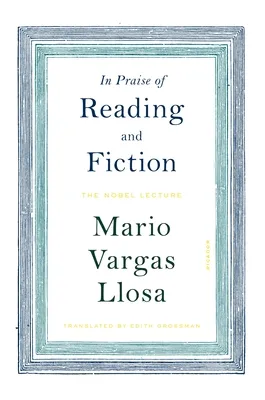Home
The Narcissistic Text: A Reading of Camus' Fiction
Loading Inventory...
Barnes and Noble
The Narcissistic Text: A Reading of Camus' Fiction
Current price: $21.95


Barnes and Noble
The Narcissistic Text: A Reading of Camus' Fiction
Current price: $21.95
Loading Inventory...
Size: Paperback
*Product Information may vary - to confirm product availability, pricing, and additional information please contact Barnes and Noble
Critics, theologians, philosophers, and psychoanalysts have written several thousand books, theses, and articles about Camus' fiction. His first published novel, L'Etranger, had a unique impact on a whole generation of readers, and is other fiction, although not as well known, has also been influential. However, Camus' fiction so far has not been judged by contemporary critical methods, and 'inter-textuality,' or the study of the interrelationship between Camus' own texts, has not been examined.
The Narcissistic Text: A Reading of Camus' Fiction
is the first book devoted to the whole of Camus' fiction to adopt this approach. Brian Fitch uses the critical tools elaborated in the writings of such French formalists as Barthes, Ricardou, and Todorov and draws upon the hermeneutic theory of literature developed by Gadamer and Ricoeur. As a result, the self-generating word-play or linguistic narcissism of 'Jonas' and the textual narcissism of La Peste are seen to give way, in L'Etranger, to a situation where the hermeneutic circle is itself contained within the circularity of autoreprésentation. As for the narcissism of La Chute, it concerns the reader himself, since what the text provides is a model of the hermeneutic process. Fitch thus demonstrates that Camus' fiction occupies a significant place in modern literature. This volume will be of particular interest to those involved in Camus studies or concerned with contemporary critical methodology and literary theory.
The Narcissistic Text: A Reading of Camus' Fiction
is the first book devoted to the whole of Camus' fiction to adopt this approach. Brian Fitch uses the critical tools elaborated in the writings of such French formalists as Barthes, Ricardou, and Todorov and draws upon the hermeneutic theory of literature developed by Gadamer and Ricoeur. As a result, the self-generating word-play or linguistic narcissism of 'Jonas' and the textual narcissism of La Peste are seen to give way, in L'Etranger, to a situation where the hermeneutic circle is itself contained within the circularity of autoreprésentation. As for the narcissism of La Chute, it concerns the reader himself, since what the text provides is a model of the hermeneutic process. Fitch thus demonstrates that Camus' fiction occupies a significant place in modern literature. This volume will be of particular interest to those involved in Camus studies or concerned with contemporary critical methodology and literary theory.


















